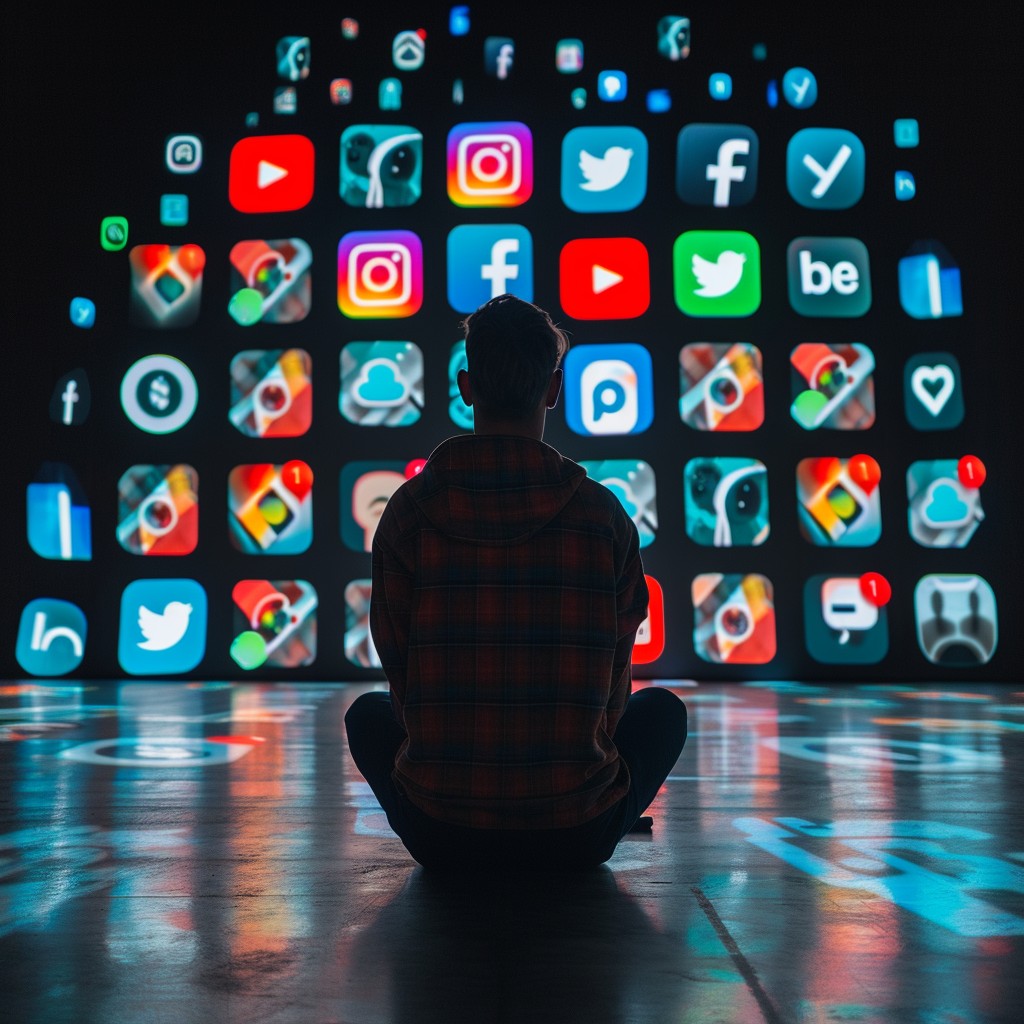Social media is now a significant element of people’s daily lives and has influenced different spheres of our existence. I have witnessed how it has blended with everyday life, impacting culture, psychology, politics, and lifestyle. This can be fun to think about but also provoking to understand how something initially designed to connect friends is now altering our reality so profoundly, for the better and worse.
Social media has dramatically influenced culture since favorite trends are created here and then promoted through the media. If there is anything I have come to understand, it is the fact that a cultural shift, a fashion trend, or a new way of speaking may begin with a simple tweet or a post. For instance, the spread of memes, hashtags, and many other things prevalent in today’s society means that there is a global culture. Impressive is how those platforms encourage people with similar goals or ideas to find each other and form a community of like-minded people who might not have otherwise crossed paths.
But I’ve also learned how social media can enhance and emphasize external aspects of culture. The everyday feed of filtered pictures and videos cultivates a value system associated with superficiality. People, including me, tend to think they must show their best on social networks, which is a very unrealistic perception of reality. This can set an unrealistic benchmark to be followed and lead to feelings of inadequacy and insecurity among the users.
Hence, I have personally experienced how social media affects mental health. Whereas it provides opportunities to share ideas and interact with others, it also fosters stress, anxiety, and depression. The constant comparison to others' seemingly perfect lives causes one to feel like they are not good enough constantly. It is as if I am browsing feeds from a different universe that I admire and perhaps envy but end up with a distorted self-image.
Furthermore, the addictive characteristics of social networks cannot be doubted. This is how they maintain the engagement, seemingly never-ending feed, likes, and comments that trigger dopamine release in our brains. For example, I’ve experienced needing to find ways to control my time online or even temporarily delete social media apps to ensure I am not negatively affected by the information I come across. But I also know that not everyone can control themselves. And to some extent, social networks hurt people’s mental health.
The possibilities that social media opens in political campaigns are fascinating but, at the same time, worrying. On the one hand, it has allowed people to voice their opinions and come together on issues that concern them. The negative impact of social media in promoting social justice is that I have witnessed how it has been used to highlight situations that might not interest the conventional media. Social media has also played a role in mobilizing social movements such as the Gen Z movement.
On the other hand, it has led to widespread fake news, which leads to misinformation among consumers. This means that social media algorithms will filter the information we get so that only already familiar opinions will be given. I have seen this in my news feeds, where I get a few posts that I can entirely disagree or argue with, making for a more polarizing outlook. This only leads to the split of society into different factions, which makes it impossible to agree on most issues and have healthy debates.
The rate at which information is shared on social media is rich in benefits in equal measure, as it is very disastrous. On the one hand, it helps us receive information about present events in real time. I like that I can get informed about events happening worldwide within a few minutes or about hot topics. However, the swift flow of information also has its deficit. According to the same topic, fake news and rumors can go around as fast and even faster than the absolute truth. I have witnessed how disinformation can spread and even become accepted as the truth before counter-information can be disseminated.
Also, much information is available these days, which can confuse people. At times, I browse numerous posts on different topics, and it becomes rather challenging to discern genuine news from fake news. This calls for a critical approach that is not readily forthcoming among the general population, which makes it easy for fake news to circulate.
Therefore, social media plays an essential role in determining the culture, health, political events, and dissemination of information. On the one hand, it’s a perfect platform to communicate and share something with people; on the other hand, it has some issues. Reflectively, being a social media user, I appreciate the current efforts that are being made to ensure that one does not become addicted to social media accounts. It is crucial to keep ourselves informed of the benefits and harms of such platforms and to have balanced interactions with them.


Login to join the discussion